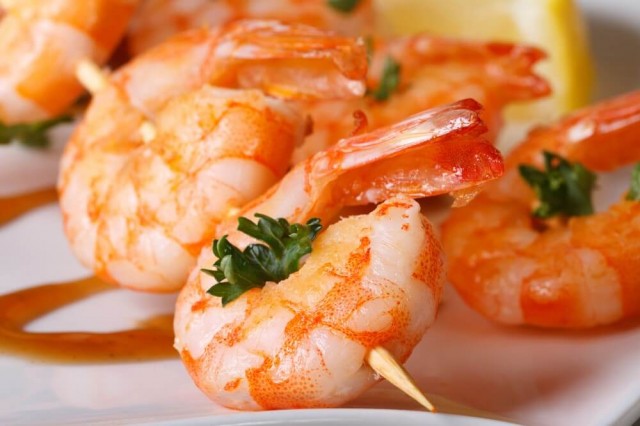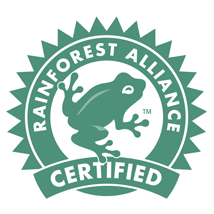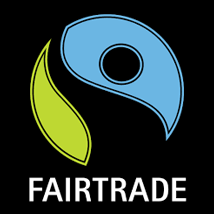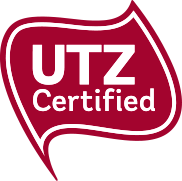Some pretty dodgy stuff has been revealed about fishing and seafood processing practices, particularly in South East Asia, over the last 18 months. And since no one wants to eat tuna or prawns that have been caught and processed by slaves who have been trafficked from some of the poorest countries, we’ve put together some of our insights on responsibly sourced seafood to help you make informed choices when selecting seafood from the supermarket.
Greenpeace Resources
Looking for some weekend reading? Greenpeace have released a number of really insightful reports following a 12 month investigation into Thai fishing practices. They have just released their "Turn the Tide” report providing unique insights into the human rights issues in Thailand's overseas seafood industry. Worth a read if you'd like to better understand the depth and complexity of the issues. They have also produced a prawn guide to help you navigate the good, the bad and ugly prawn options, to help you identify what prawns are traffic free.
The supermarkets have their own ethical sourcing programs to ensure that they are only providing to customers the most responsibly sourced options:
Coles
Coles is committed to the responsible sourcing of seafood and takes a pro-active approach to identifying and mitigating poor practices in the seafood industry in close collaboration with suppliers, key NGOs and stakeholder groups including the International Labour Organisation. As part of Coles' Responsibly Sourced Seafood program, all wild fisheries and aquaculture farms that supply Coles have been independently assessed.
All fresh, frozen and canned Coles Brand seafood meets either the Marine Stewardship Council (MSC) certification, Aquaculture Stewardship Council (ASC) certification or Coles Responsibly Sourced Seafood criteria.
Coles is a signatory to the Retail and Supplier Roundtable Pledge Against Forced Labour, which sets out its commitment to work with other stakeholders to end the use of forced labour in the food supply chain. Coles also supports clear seafood labelling so its customers can make informed choices regarding country of origin.
So you can buy your seafood from Coles with a clear conscience!
Woolworths
Proud signatory to the United Nations Global Compact (UNGC), Woolworths’ Ethical Sourcing Policy encompasses comprehensive criteria on anti-corruption, labour rights, fair and safe working conditions, and environmental compliance. All suppliers of Woolworths branded products that have been imported must complete an ethical audit prior to commencing supply.
Over Christmas week, 90% of Woolworths’ prawn sales from its seafood counters were Australian. All seafood from behind the counter is clearly labelled with country of origin allowing customers to make informed decisions.
Woolworths’ supplier of Thai prawns is a proactive member of the Seafood Sustainable Supply Chain Task Force, and collaborates with numerous social NGO’s and related projects including MWRN, the Issara Institute, Labor Rights Promotion Network and Verite to address labour conditions and workers’ rights in the Thai Seafood Industry.
Sushi and cat food
When you buy prawn sushi rolls, have a chat to the guy you’re buying it from and ask him where it comes from. It might be disappointing to sushi lovers, but a lot of the ‘dodgey’ stuff ends up in mass produced california rolls. Find a few outlets who are mindfully buying their raw materials and be sure to only go there.
Cat food is another one to watch. All the secondary products (i.e. the prawn heads and guts) go into the produce of cat food an it’s virtually impossible to trace where the product comes from. Try to minimise canned fish in your cat’s diet, and if you feel like it - take some action! Write to the cat food producer and ask them how the product is made and what ethical sourcing policies they have in place
It’s up to us as consumers to influence change with our wallets. With so much increasing awareness about where our food comes from and what we can do to make better choices, why wouldn’t we?








